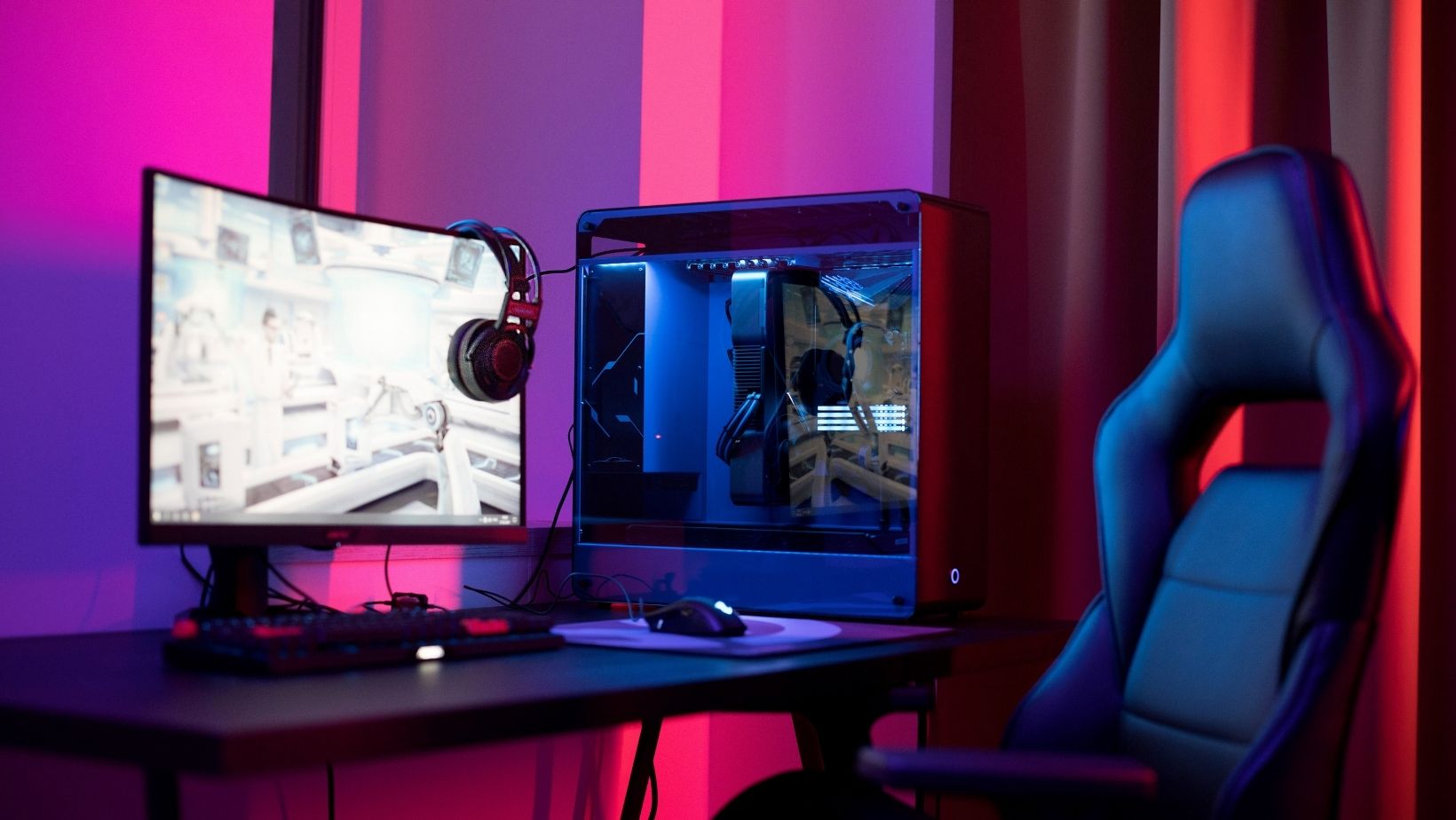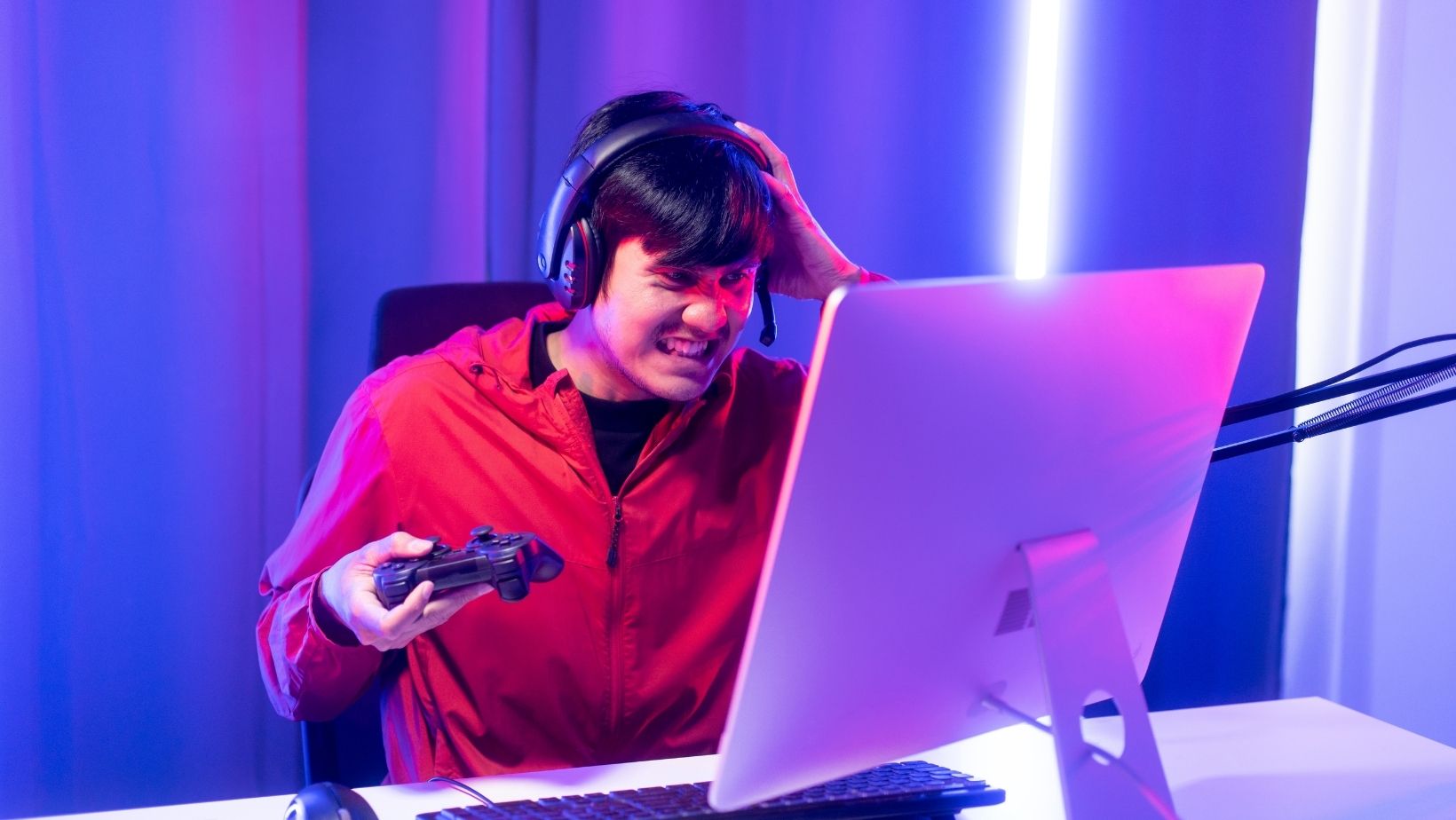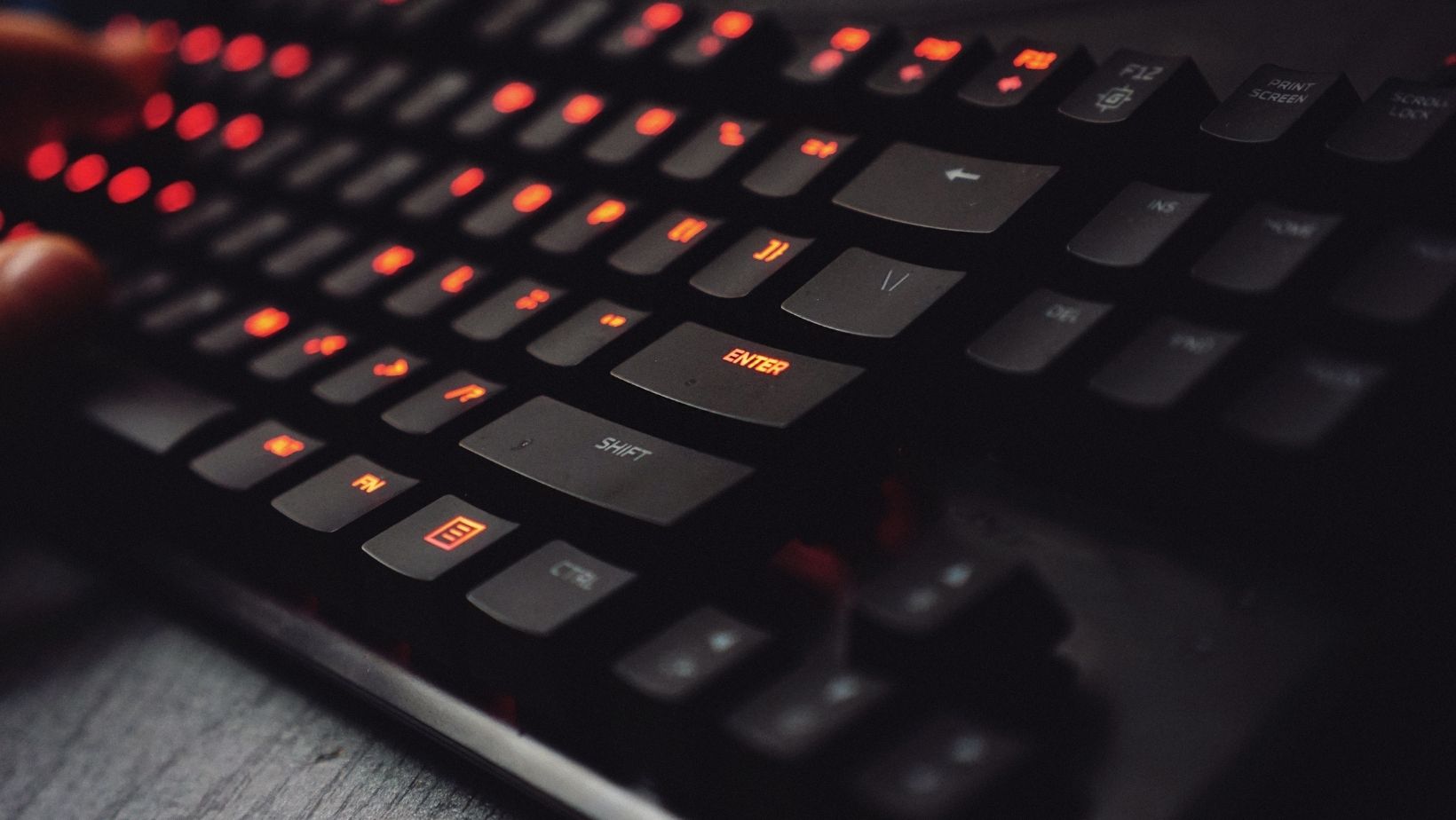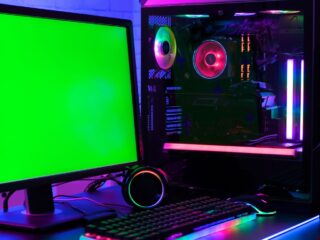
Gaming on a PC offers unmatched versatility and performance, but achieving peak gaming performance requires more than just powerful hardware. Proper optimization ensures smooth gameplay, reduces lag and prevents overheating. Whether you’re a casual gamer or a competitive esports enthusiast, this guide will help you optimize your PC for the best gaming experience.
Update Your System and Drivers
Keeping your operating system and drivers up to date is crucial for gaming performance. Developers frequently release updates that include bug fixes, security patches, and performance enhancements.
- Operating System Updates: Ensure your OS, whether Windows, macOS, or Linux, is updated to the latest version.
- Graphics Drivers: Regularly update your GPU drivers from NVIDIA or AMD’s official websites. Graphics drivers directly impact game performance and stability.
- Other Drivers: Update audio, chipset, and network drivers for an all-round smooth experience.
Optimize In-Game Settings
Most modern games allow you to customize graphics and performance settings. Adjusting these can significantly enhance gameplay.
- Graphics Settings: Reduce options like shadow quality, texture details, and anti-aliasing for better FPS (frames per second).
- Resolution: Stick to your monitor’s native resolution but lower it slightly if performance issues persist.
- V-Sync and Frame Limiters: Turn off V-Sync to reduce input lag or enable it to prevent screen tearing, depending on your preference.
Adjust System Performance Settings
Tweaking your system settings can help prioritize gaming performance.
- Enable High-Performance Mode: In Windows, navigate to the Power Options menu and select “High Performance.” This ensures your PC prioritizes gaming tasks.
- Disable Background Processes: Use Task Manager to close unnecessary applications consuming CPU or RAM.
- Game Mode: If you’re using Windows 10 or 11, enable Game Mode in settings. This allocates more system resources to your game and minimizes background activity.
Optimize Your Hardware
Hardware optimization plays a pivotal role in gaming performance.
- Overclocking: Safely overclock your GPU or CPU using software like MSI Afterburner or AMD Ryzen Master to boost performance.
- Upgrade Components:
- RAM: Ensure you have at least 16GB of RAM for modern games.
- Storage: Replace traditional hard drives with SSDs for faster loading times.
- Cooling Systems: Invest in a high-quality cooling system to prevent overheating during intense gaming sessions.
- Monitor Refresh Rate: Use a monitor with a higher refresh rate (e.g., 144Hz) for smoother gameplay.
Clean and Maintain Your PC
A clean and well-maintained PC performs better and lasts longer.
- Physical Cleaning: Dust inside your PC case can cause overheating. Use compressed air to clean fans, vents, and the motherboard.
- Reapply Thermal Paste: Replace the thermal paste on your CPU every couple of years to maintain effective heat transfer.
- Disk Cleanup: Regularly delete unnecessary files and empty your Recycle Bin to free up storage space.
Optimize Your Network Connection
For online gaming, a stable and fast internet connection is critical to avoid lag and disconnections. Similar to how online cricket betting sites rely on seamless connectivity to provide live odds and interactive features, your gaming setup demands low latency and consistent speeds for an uninterrupted experience. Connecting via Ethernet instead of Wi-Fi, prioritizing gaming traffic through router settings, and closing bandwidth-heavy background applications can significantly improve performance.
- Use Ethernet: Connect your PC directly to the router for a more stable connection than Wi-Fi.
- Prioritize Gaming Traffic: Set Quality of Service (QoS) settings on your router to prioritize gaming data.
- Reduce Latency: Close unnecessary applications or devices consuming bandwidth during gaming sessions.
Use Gaming-Specific Software
Several tools and software can enhance your gaming performance.
- Razer Cortex: This free software optimizes your PC by killing unnecessary processes.
- MSI Afterburner: Monitor and tweak your GPU for better performance.
- CCleaner: Use this to clean up your registry and remove junk files, freeing up system resources.
Monitor Your PC Performance
Keeping an eye on your PC’s performance metrics can help identify and fix bottlenecks.
- Tools to Use:
- HWMonitor: Monitor CPU and GPU temperatures.
- MSI Afterburner: Check frame rates and system stats in real time.
- Task Manager: Keep an eye on CPU, GPU, and RAM usage.
Manage Storage Space
Insufficient storage can slow down your PC and affect game performance.
- Uninstall Unused Programs: Remove software and games you no longer use.
- Defragment Hard Drives: For HDD users, defragmentation can improve data access speeds. Note: SSDs do not require defragmentation.
- Use an External Drive: Store non-essential files and backups on an external drive to keep your gaming PC focused on performance.
Fine-Tune Game Launchers
Optimizing game launchers can prevent unnecessary performance drains.
- Limit Startup Apps: Disable auto-start for game launchers like Steam, Epic Games, or Battle.net to save resources.
- Check Launcher Settings: Some launchers offer settings to optimize download speeds and reduce system impact during gameplay.
Ensure Adequate Power Supply
A stable and adequate power supply ensures consistent performance.
- Check PSU Wattage: Ensure your power supply unit (PSU) can handle the power demands of your components.
- Use a UPS: A battery backup can protect your system from power fluctuations that might interrupt gameplay.
Stay Secure
Security threats can impact your PC’s performance and put your data at risk.
- Install Antivirus Software: Use trusted antivirus software to prevent malware from affecting system performance.
- Avoid Unnecessary Downloads: Only download games and mods from official sources to minimize the risk of malware.
Customize Visual Settings for Immersion
While high-performance gaming is crucial, don’t overlook visual enhancements that add to the gaming experience.
- Calibrate Your Monitor: Adjust brightness, contrast, and color settings for optimal visuals.
- Use Gaming Headphones: Enhance audio clarity for an immersive experience.
- Invest in RGB Lighting: RGB setups can add aesthetic appeal to your gaming environment.
Conclusion
Optimizing your PC for gaming performance involves a combination of software tweaks, hardware upgrades, and regular maintenance. By following these tips, you can enjoy smoother gameplay, faster load times, and immersive experiences without interruptions. Whether you’re battling enemies in the latest AAA titles or competing in online tournaments, a well-optimized PC will ensure you stay ahead of the competition.





